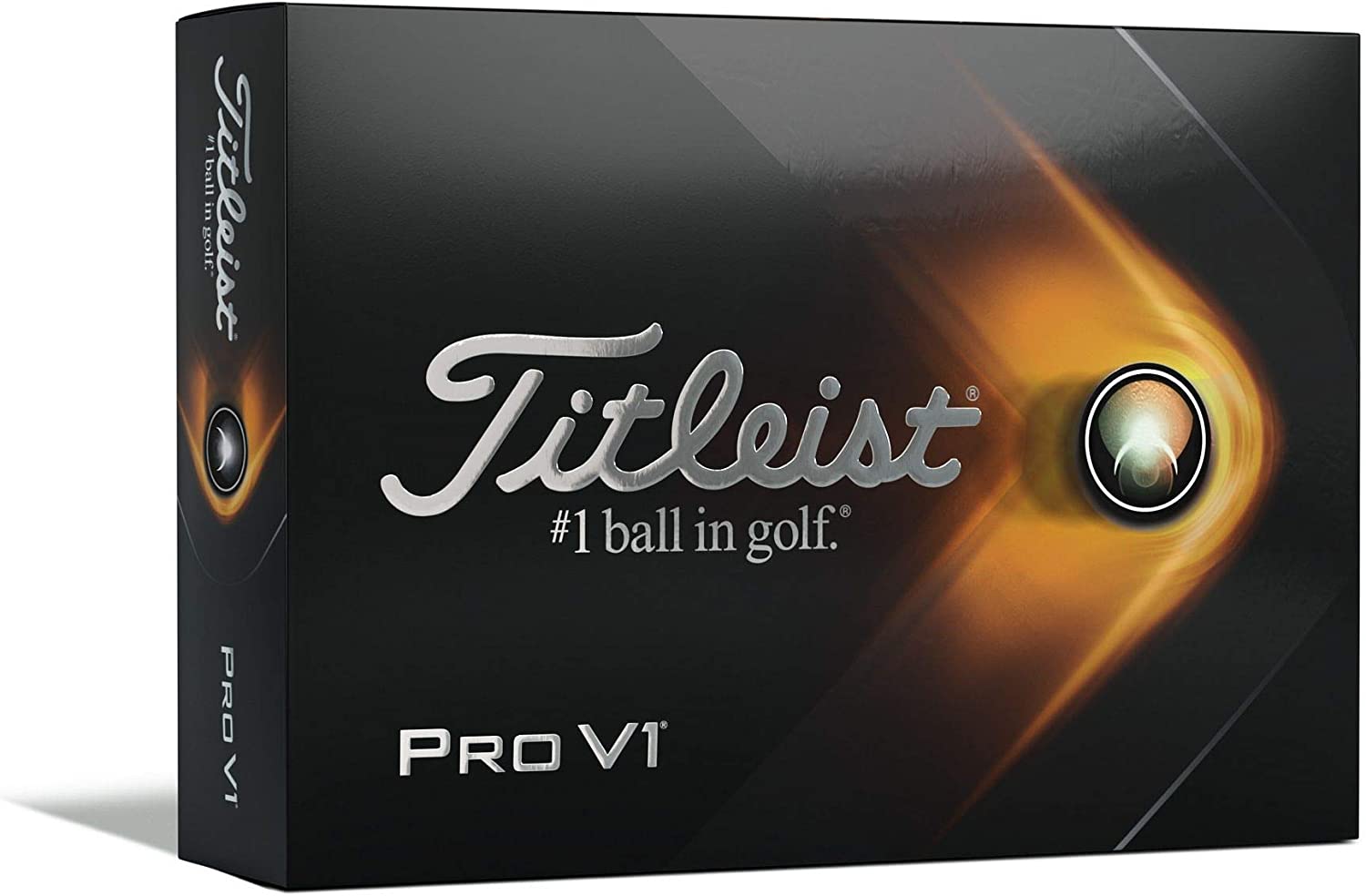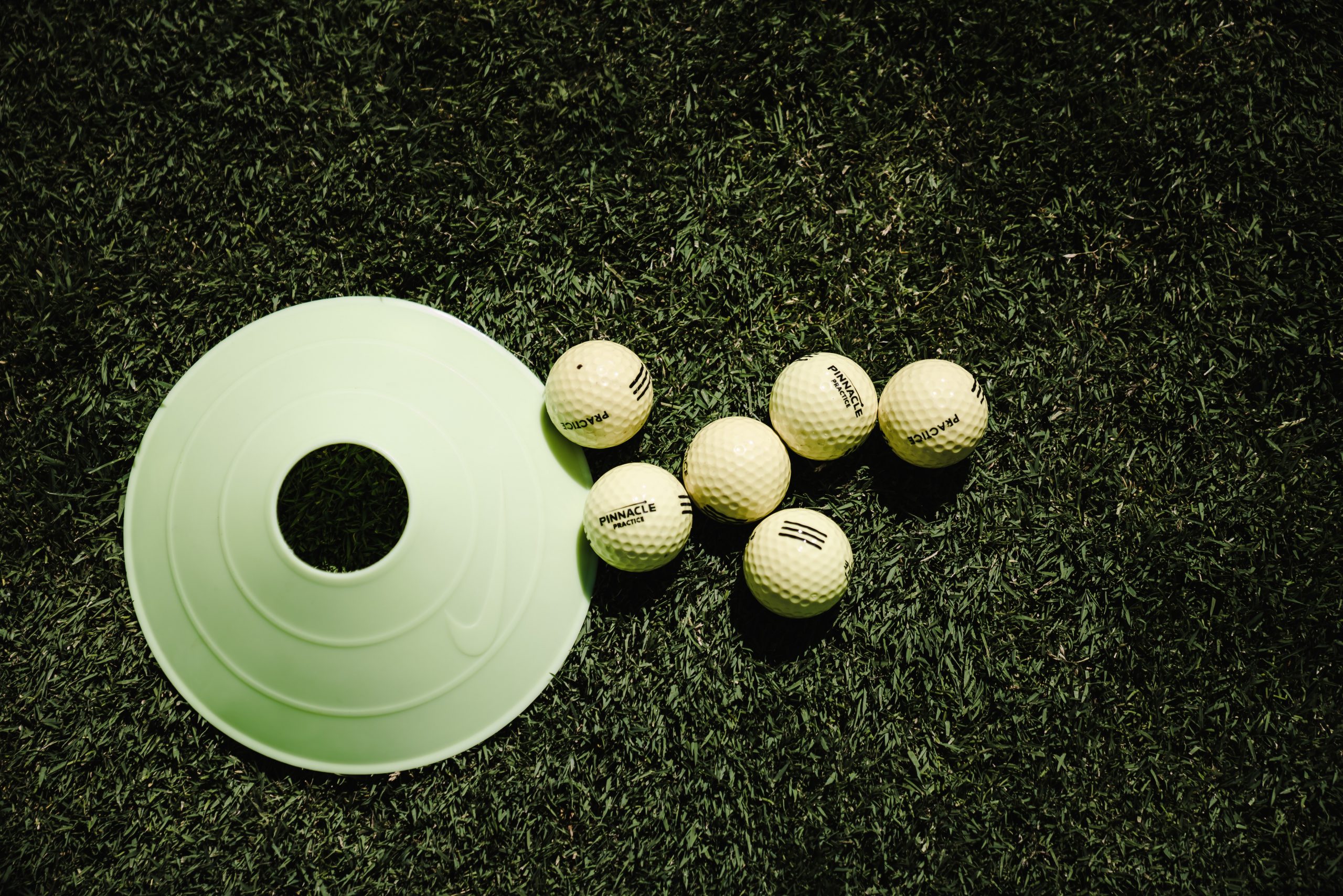There are a lot of factors that go into choosing the right golf ball for your swing speed. The type of ball you use can affect how far you hit the ball, how accurate your shots are, and how much spin you get on the ball. If you’re not sure what golf ball is right for your swing speed, here’s a quick guide to help you make the best choice.
When it comes to choosing a golf ball, there are many factors that need to be considered. One important factor is your swing speed. If you have a slower swing speed, you’ll want to choose a ball with a softer cover.
This will help you generate more spin and control. If you have a faster swing speed, you’ll want to choose a harder ball. This will help you achieve more distance.
Ultimately, it’s up to you to experiment with different types of golf balls to see which one gives you the best results.
Best Golf Ball for 95 Mph Swing Speed
Are you looking for the best golf ball for 95 mph swing speed? If so, you’ve come to the right place. In this article, we’ll provide detailed information about the best golf balls for 95 mph swing speed and help you choose the right one for your game.
When it comes to choosing a golf ball, there are a few things that you need to take into consideration. The first is your swing speed. If you have a slow swing speed, then you’ll want to find a ball that has a lower compression rating.
This will help prevent the ball from going too far when hit. On the other hand, if you have a fast swing speed, then you’ll want to find a ball with a higher compression rating. This will help ensure that the ball goes further when hit.
Another thing to consider is the type of terrain that you typically play on. If you play on soft turf, then you’ll want to find a ball with softer cover material. This will help prevent the ball from getting chewed up by the turf and losing its spin properties.
Conversely, if you play on hard turf, then you’ll want to find a ball with harder cover material. This will help make sure that the ball doesn’t get bounced around too much and maintain its spin properties better. Finally, consider your budget when choosing a golf ball.
There are many different types of balls available on the market today, so be sure to shop around and compare prices before making your final decision. With all of these factors in mind, let’s take a look at some of our favorite golf balls for 95 mph swing speeds below!
Golf Ball Compression Chart
Golf ball compression is the measure of how much the golf ball’s core deforms when it is hit by a golf club. The faster the club head speed, the more the ball will compress. Compression is measured on a scale of 1 to 200, with 100 being average.
A higher compression means the ball will deform more and bounce less, while a lower compression means the opposite. There are many factors that can affect how much a golf ball will compress, such as its construction, cover material, and dimple pattern. In general, however, most golf balls will fall within a certain range of compressions.
For example, Titleist Pro V1s have a compression range of 90 to 110. The ideal compression for your golf ball depends on several factors, including your swing speed and personal preferences. If you have a fast swing speed, you’ll likely benefit from a higher-compression golf ball that doesn’t deform as much on impact and provides more distance.

Slower swing speeds may do better with lower-compression balls that offer softer feel and more spin around the greens. Ultimately, it’s up to you to experiment with different types of golf balls to see what works best for your game. If you’re looking for more distance off the tee, consider trying a harder-compressed golf ball like the Titleist Pro V1x (110 compressions).
For a softer feel and more control around the greens, go with something like the Titleist NXT Tour (90 compressions). And if you’re not sure where to start, try out some middle-of-the-road options like the Callaway Chrome Soft (105 compressions) or TaylorMade TP5x (100 compressions).
Best Golf Ball for 90 Mph Swing Speed
There are a few things to consider when choosing a golf ball for a 90 mph swing speed. The biggest factor is the spin rate. A high spin rate will help you control your shots and keep them on the fairway.
Another important factor is the compression of the ball. A higher compression will give you more distance, but it may be harder to control. If you are looking for a balance of distance and control, choose a ball with a medium compression.
Best Golf Ball for 80 Mph Swing Speed
Are you looking for the best golf ball for an 80 mph swing speed? If so, you’ve come to the right place. In this article, we’ll discuss what factors to consider when choosing a golf ball for an 80 mph swing speed, and we’ll recommend our top three picks.
When choosing a golf ball for an 80 mph swing speed, it’s important to consider spin rate and launch angle. A higher spin rate will result in more backspin and a higher launch angle, which can be beneficial if you’re looking to add distance. However, too much spin can lead to loss of control.
Our top three picks for the best golf ball for an 80 mph swing speed are: Titleist Pro V1: The Pro V1 is a high-performance golf ball that provides exceptional Distance with consistent spin and trajectory. It features a soft urethane cover that promotes feel and control around the greens.
Callaway Chrome Soft: The Chrome Soft is a Tour-proven golf ball that provides excellent distance, great feel, and outstanding control on all shots. It features Callaway’s proprietary Dual SoftFast Core technology which promotes high speed and low spin off the driver for maximum distance.
Bridgestone Tour B330-RXS: The Tour B330-RXS is Bridgestone’s most popular Tour Ball model thanks to its exceptional Distance off the tee and amazing feel around the greens.
It features Bridgestone’s REACTIVE Urethane cover which creates less spin off the driver while still providing great feel on all shots.
Best Golf Ball for 100 Mph Swing Speed
Are you a high speed swinger looking for the best golf ball to match your game? If you generate 100 mph of club head speed or more, you need a golf ball that can keep up! Below are our top picks for the best golf balls for high swing speeds, as well as some things to keep in mind when making your selection.
The Titleist Pro V1 is one of the most popular golf balls on the market, and for good reason. It’s designed for players with high swing speeds who want maximum distance and forgiveness.
The Pro V1 has a soft feel and low spin rate off the driver, making it easier to hit long and straight drives. It also provides excellent control around the greens. If you’re looking for a all-around performer, the Pro V1 is a great choice.
The Callaway Chrome Soft is another great choice for high speed swingers. Like the Pro V1, it’s designed for maximum distance and forgiveness off the tee.
It also has a low spin rate and soft feel. Where it differs from the Pro V1 is in its performance around the greens. The Chrome Soft has a bit more bite than the Pro V1, giving you more control on approach shots and chip shots.
If you’re looking for slightly more control without sacrificing distance, the Chrome Soft is worth considering.
What Golf Ball Should I Use With a 100 Mph Swing Speed?
There are a few things to consider when choosing a golf ball for a 100 mph swing speed. The first is the compression rating of the ball. A higher compression rating will result in a harder feel and less spin, while a lower compression rating will be softer and create more spin.
The second thing to consider is the cover material. A harder cover will also result in less spin, while a softer cover will create more spin. Finally, you’ll want to choose a ball that has low drag for maximum distance.
Some of our top picks for golf balls with a 100 mph swing speed include the Titleist Pro V1, Callaway Chrome Soft, and Srixon Q-Star Tour. All of these balls have high compressions and low drag coefficients, making them ideal for players with high swing speeds.
What Swing Speed is Needed for Pro V1?
There is no definitive answer to this question as the required swing speed for a Pro V1 golf ball will vary depending on a number of factors, such as the player’s individual hitting style and the specific conditions of the course. However, it is generally accepted that a Pro V1 golf ball will require a minimum swing speed of around 105 miles per hour in order to achieve optimum performance.
Is a Soft Golf Ball Better for Slow Swing Speed?
There is no definitive answer to this question as it depends on the golfer’s individual swing speed and preferences. Some golfers find that a soft golf ball works better for them, while others prefer a harder ball. It really comes down to experimentation to see what works best for each individual.
That being said, slower swing speeds generally benefit from softer golf balls, as they compress more upon impact and provide more spin, which can help keep the ball in the air longer. If you’re struggling with your game and have a slow swing speed, it might be worth trying out a few different types of golf balls to see if you can find one that gives you better results.
What Compression Ball is Best for 100 Mph Swing Speed?
There are a few different types of compression balls that could be considered the best for a 100 mph swing speed. A harder ball, like a Pro V1, will compress more and launch higher than a softer ball, like a Titleist NXT. If you’re looking for the most distance, then a harder ball is going to be your best bet.
However, if you’re looking for more control and spin around the greens, then a softer ball might be a better option. Ultimately, it’s up to the individual golfer to decide which type of ball works best for their game.
Which golf ball should you use and how to work out your own swing speed?
Conclusion
golf balls are designed to perform best within a certain range of swing speeds, so it’s important to choose the right ball for your swing. If you have a slow swing speed, you’ll want to use a ball that is designed for slower swings, as this will help you get the most distance and accuracy out of your shots. Conversely, if you have a fast swing speed, you’ll want to use a harder-compressed ball that is designed for faster swings.
Ultimately, the best way to figure out which golf ball is right for your swing speed is to experiment with different types and see which one gives you the best results.

